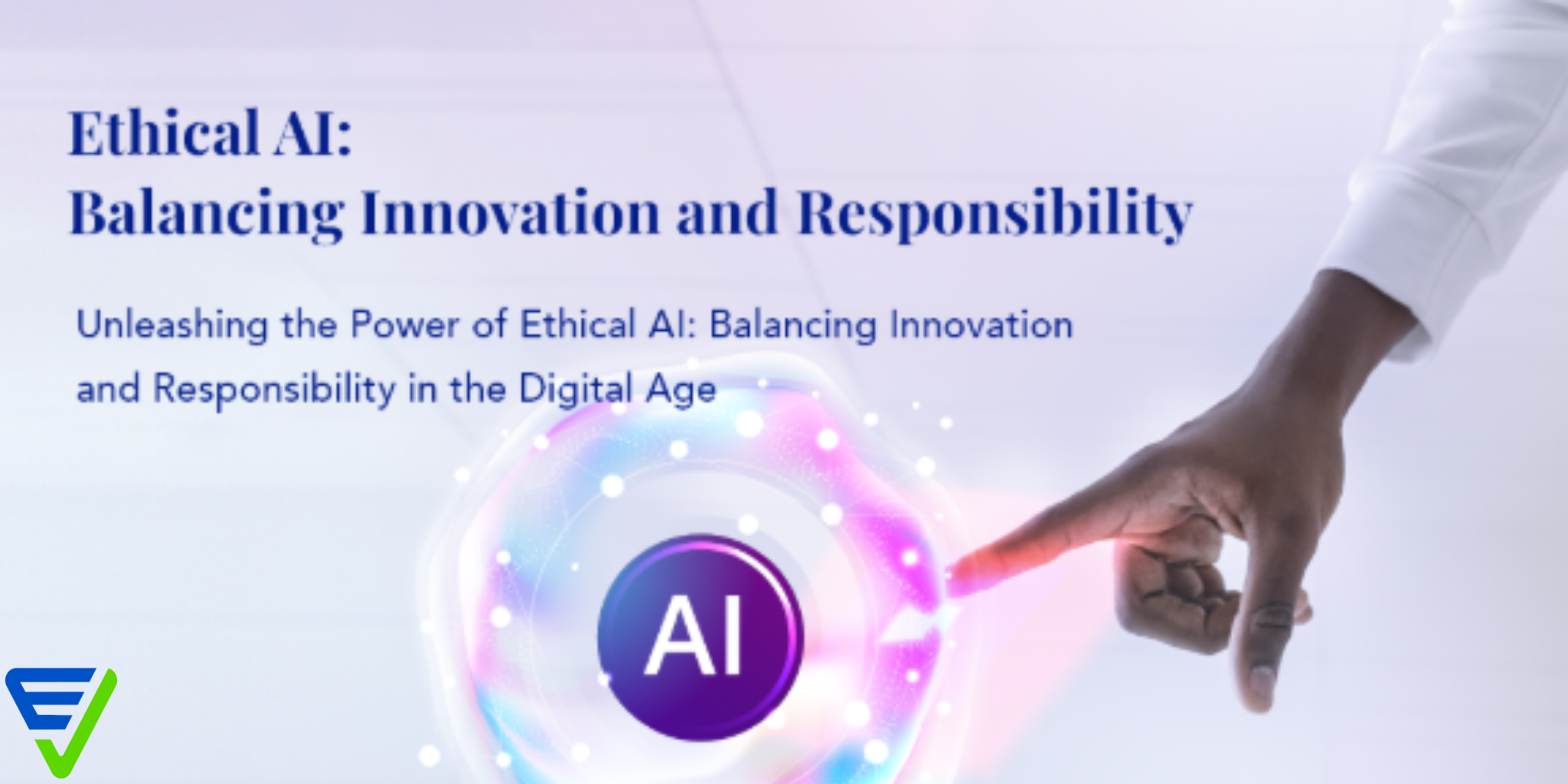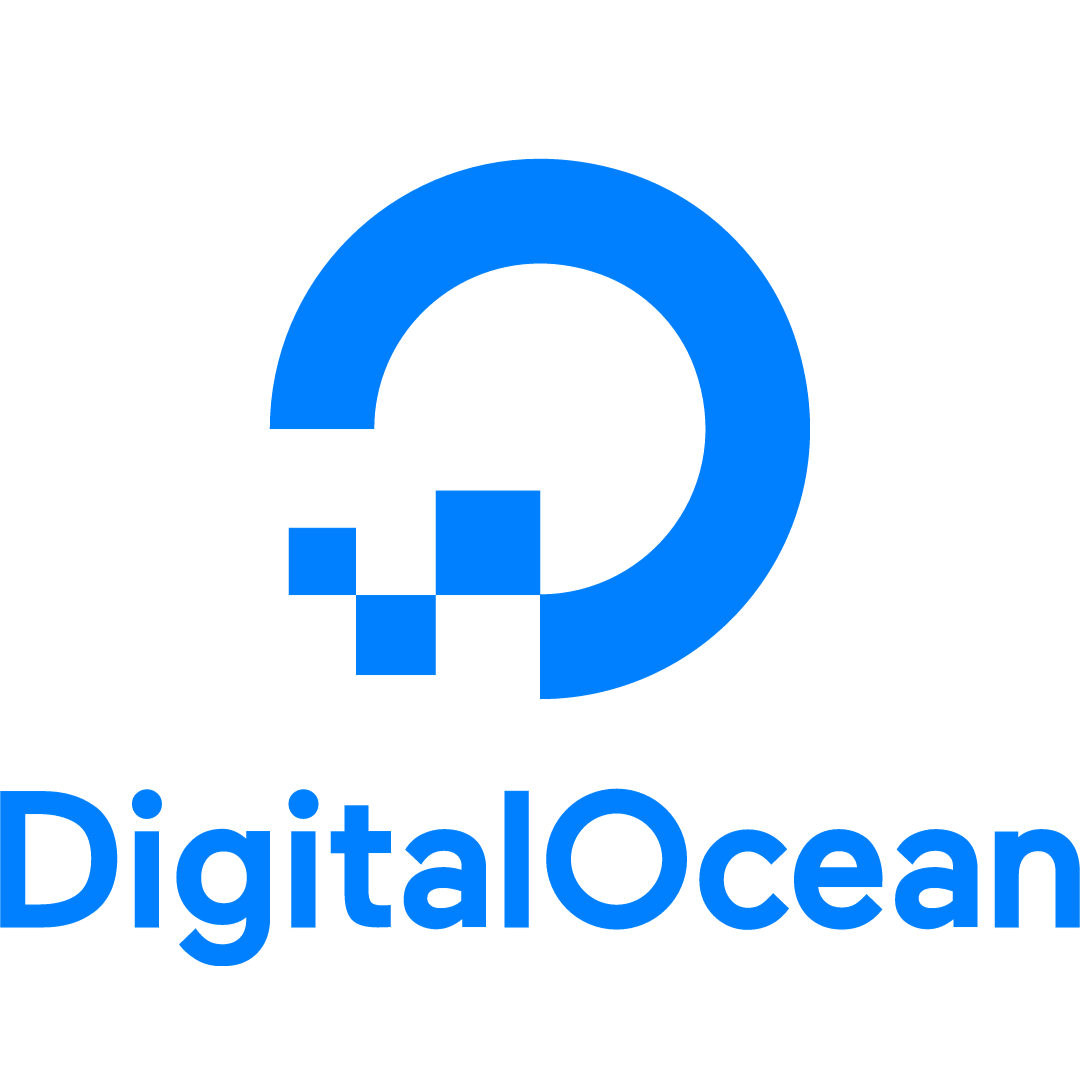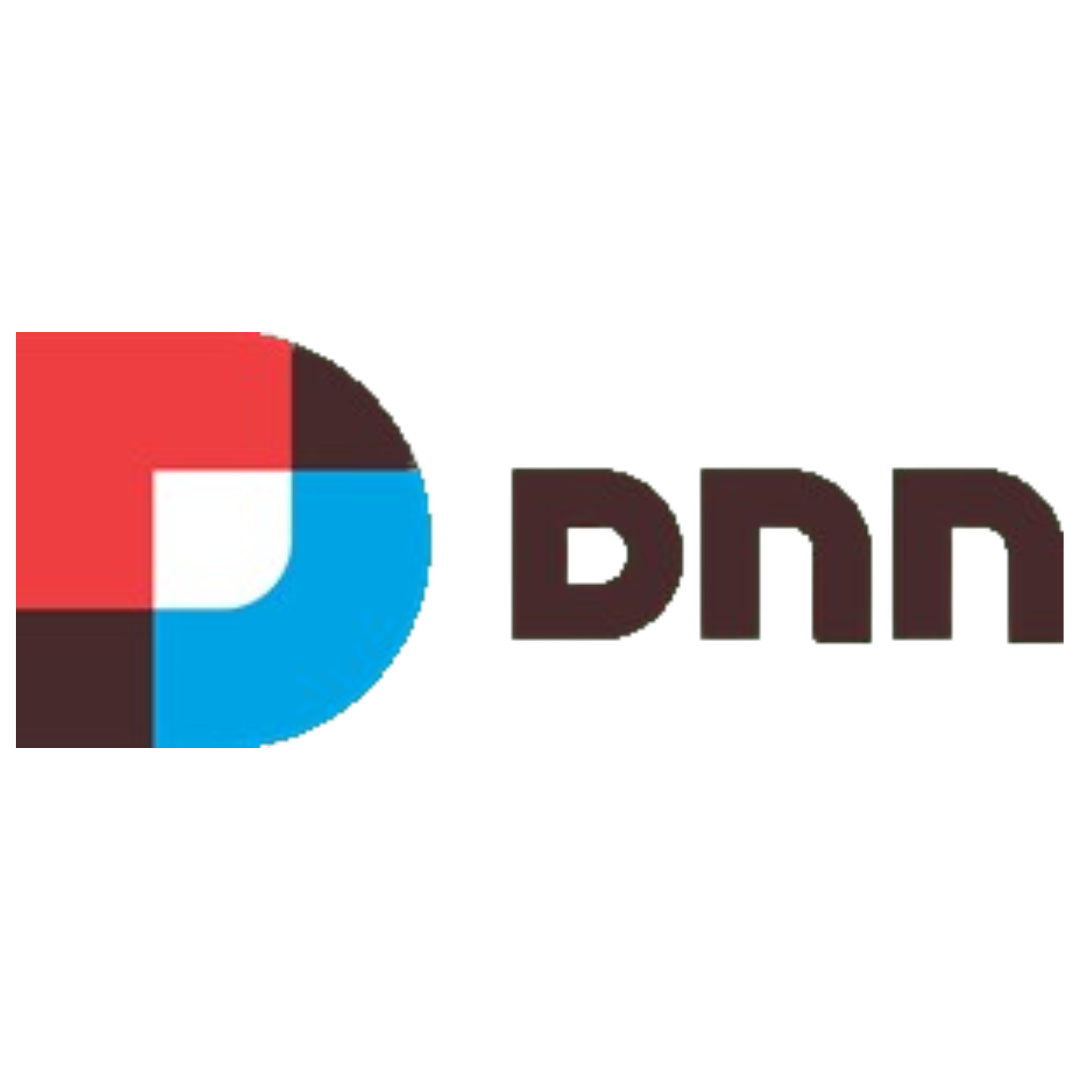
AI Ethics: Balancing Innovation With Responsibility
AI gained interest among tech gigs with the OpenAI release ChatGPT. Now ChatGPT is the talk of the town. Disruptions in IT are due to its ability to write codes at a faster speed, though, human interference is required for the smooth functioning of source code. AI has started a new business work culture. Despite being in a nascent stage, the use of AI is raising concerns about its ethical use. This is catered in times of handling data and creating content by AI. Data is needed to “learn” machine learning, and AI tools to improve. The usage of data to train AI models should be limited. This would help to influence issues like plagiarism and biases in AI thereby causing disrepute to the company. AI ethics are therefore important in the industry sector
The Role of AI in Business
Manufacturing fields, marketing fields, transportation and cybersecurity use AI. This implies the use of AI in many fields which can lead to potential ethical concerns in business. In short, any business can benefit from AI because it helps automate tasks, both inside and outside the company, like managing customer relationships or entering data.
Trends in finance can be predicted with the help of AI for both financial companies and finance teams within organizations. Machine learning can be used for data analysis that predicts future sales for making a marketing strategy. Creative works use AI. To fetch ideas ChatGPT has now become a content creators' go-to option. AI is used by most businesses for online shopping. Product categorisation is done by AI based on browsing history and past purchases. Thus enabling a personalised experience for enjoyable shopping.
The Importance of AI Ethics
Challenges are faced by AI due to the huge flow of data. This broadens the huge importance of handling and analysing data. This allows more detailed analysis of data. One of the most sophisticated ways of AI analysis is called supervised learning. AI systems in this method use labelled data to teach. To label a dog you have to teach AI a lot of pictures that can be used to label a dog. So how to regulate the use of data, is a big question when we are teaching AI. This is because keeping your clients' data private is key.
Government regulations play a key role in collecting and using customer data. AI ethics deduce errors due to bias and the use of incorrect data. These issues cause harm to your brand thus damaging your reputation in the industry. This slows down sales and growth. AI ethics help you predict ethical problems linked to artificial intelligence and machine learning. These ethical issues influence your business in many ways. The most frequent ethical challenges that AI might bring to businesses are:
Unintended Bias and Discrimination
Machines comprise AI, thus it can be polarised. Even then it shows a partial nature, e.g., in reviewing job applications AI tools might be gender specific.
Based on specific criteria AI tools are programmed to pick candidates leading to partial treatment, without the knowledge of HR or business owners that unknowingly they have set these rules.
Let's take this instance, on asking AI to generate a picture and tell it to show to a secretary it would likely give you a picture of a woman in that role. This is because machine-learning modules are based on human-created journals. This will prompt biased results generated by AI. To fix this issue loads of data are needed to feed AI to allow it to learn while processing audio and video data.
Privacy and data safety
AI data learning is based on machine learning which requires an ample amount of data to find its implications for improvement. In the quest to generate data AI is known to invade privacy thus compromising personal information. Hackers might access this data to steal identities. Customer data must be protected with the help of strong rules and systems. Data protection must be granted for data generated from social media, phones and other sources. Personalised suggestions have been generated from data flow tracked by AI.
Job displacement and economic impact
Graphic design and content writing can replace workers, many losing jobs. AI is trying to imitate humans. AI can produce content at a speed humans can't match. Still, these tools are not that effective. They tend to produce the wrong data or produce the complete opposite of what you have asked. Despite these shortcomings, companies rely on AI to create content. Use of AI in areas like manufacturing, product development, logistics, and even marketing. AI would be the reason for job loss in the hiring process.
Copyrights
Generative AI learns from large collections of data, often using information and images found online. Image generators, for example, use billions of photos available on the internet, some of which are protected by copyright laws. This raises serious ethical and legal issues for AI developers. Copyright material could be the cause of ethical issues for materials generated by AI. This will cause legal problems for them to deal with.
Blogs or social media posts are less likely to violate copyright laws. Training of AI tools should be a top priority. Not following ethical rules, people can face legal trouble thereby harming their reputation while creating AI tools.
A few ethical considerations all business owners need to make include the following:
Transparency and Clarity
Legibility of the AI systems is expected. It is important to make customers aware that their data is being used to suggest to customers. Data protection policy should applied for this kind of use. Being honest with your customers is the best policy. Using a clear policy for data collection and its use establishes an ethical environment for relationships with customers. Data shouldn’t be your property, it should be handled mutually. The company should provide guidelines for ethical use. The use of AI for writing blogs comes under good practices that should be informed to visitors. It should also be made clear that AI-generated content can be wrong or partial. This builds trust among the traffic.
Accountability and governance
To collect, store and use data company follows a data management policy. Control of specific releases of data comes under a data management policy. Companies can adhere to good accountability and good governance, by being specific about rules and oversight for AI systems.
Fairness and Equal Treatment
Partiality and biases are major issues faced by AI these days. This is due to the use of biased data to train AI systems. This complicates AI to remain confused in making decisions. Biases from human mistakes during the hiring process should be minimised by AI. Still, human intervention is required in hiring candidates and then being dumbed by AI. Hiring should be collaborative work between hiring software and human judgment.
AI has moral issues in dealing with human emotions. People’s rights will be broken by this intervention for job cuts due to the advent of AI. Human emotions play a vital role in offering jobs. AI can take over some boring jobs but it's difficult to replace humans. Global experts should make a policy for combining the use of AI and global human force.
The business benefits of ethical AI implementation
Builds Trust: Ethical AI practices enhance customer trust and loyalty by demonstrating a commitment to fairness and privacy.
Minimizes Risks: Proactively addressing ethical concerns reduces the likelihood of legal and reputational risks.
Fosters Innovation: By prioritizing inclusivity and fairness, businesses can create more innovative and impactful AI solutions.
Enhances Brand Reputation: Companies that champion ethical AI position themselves as industry leaders and attract socially conscious customers.
You can also visit related blogs:


































































comments for "An Interview with Exavibes Team"
Leave a Reply